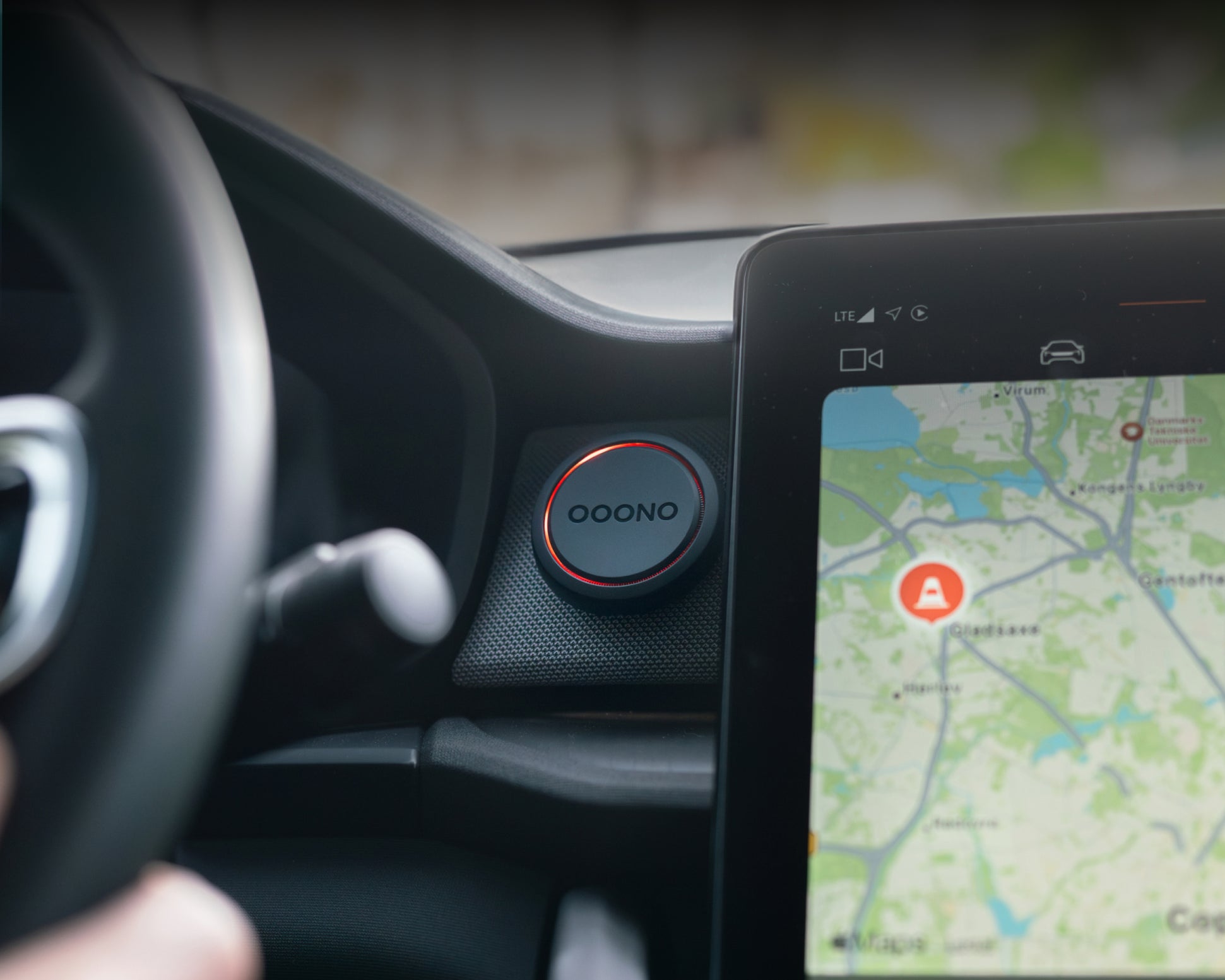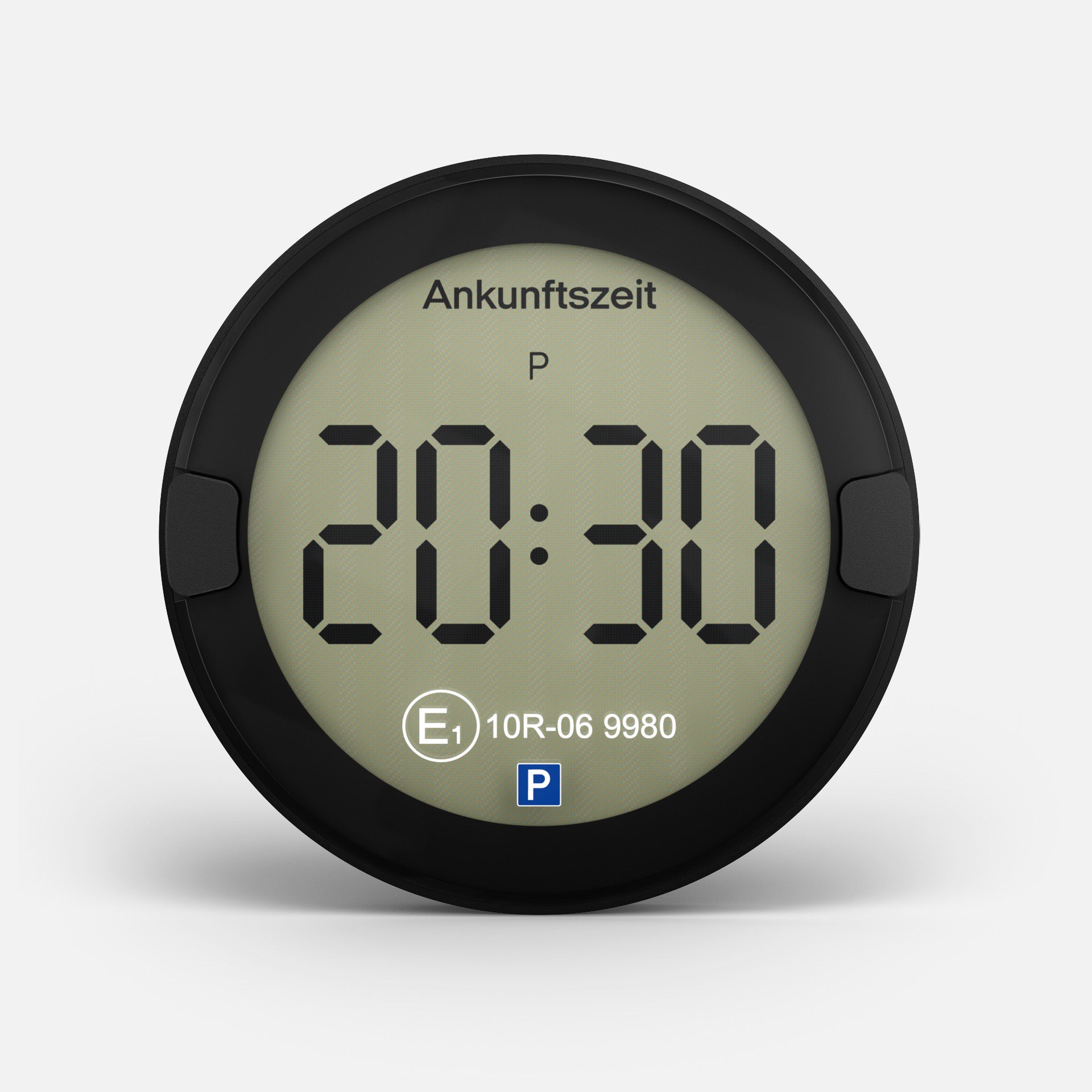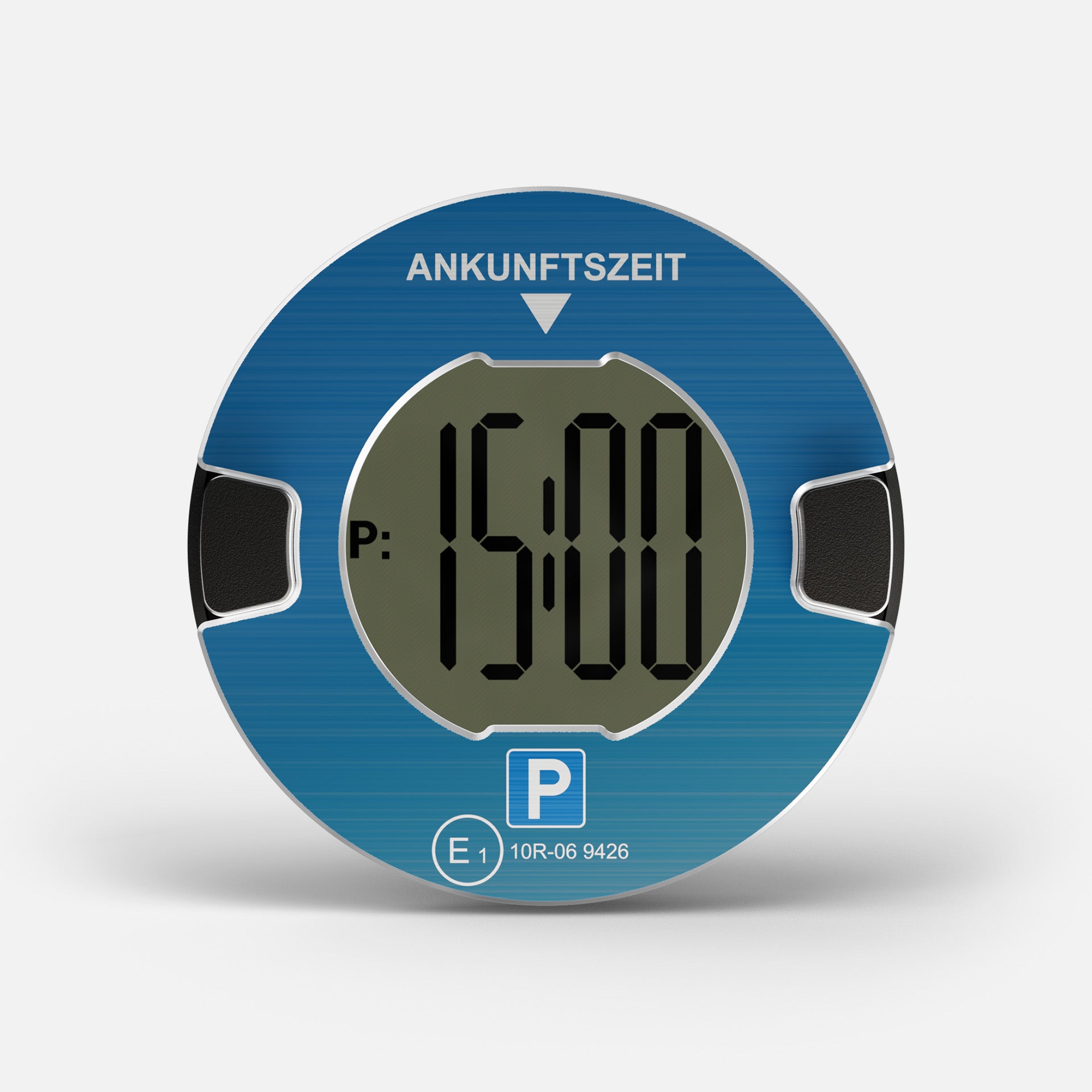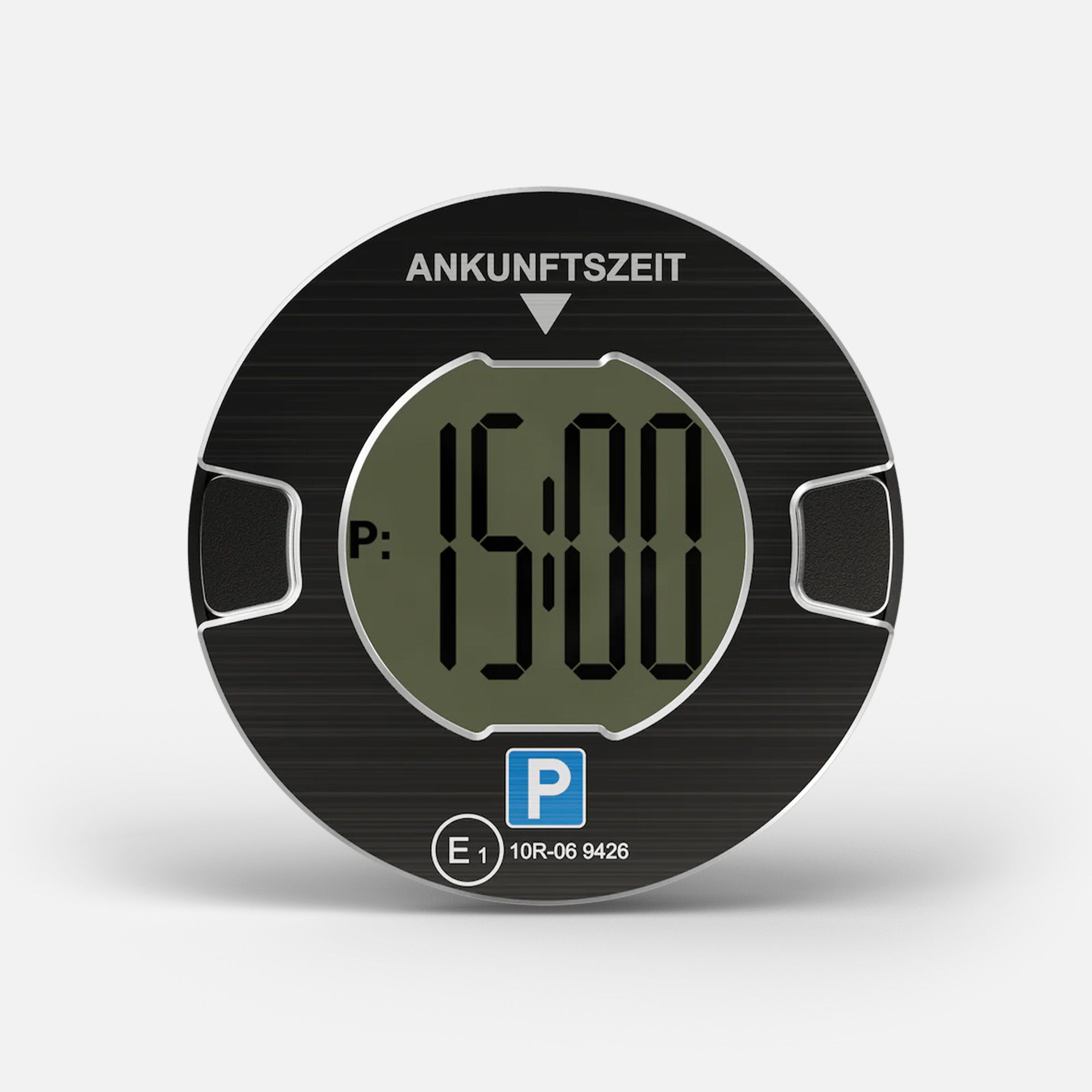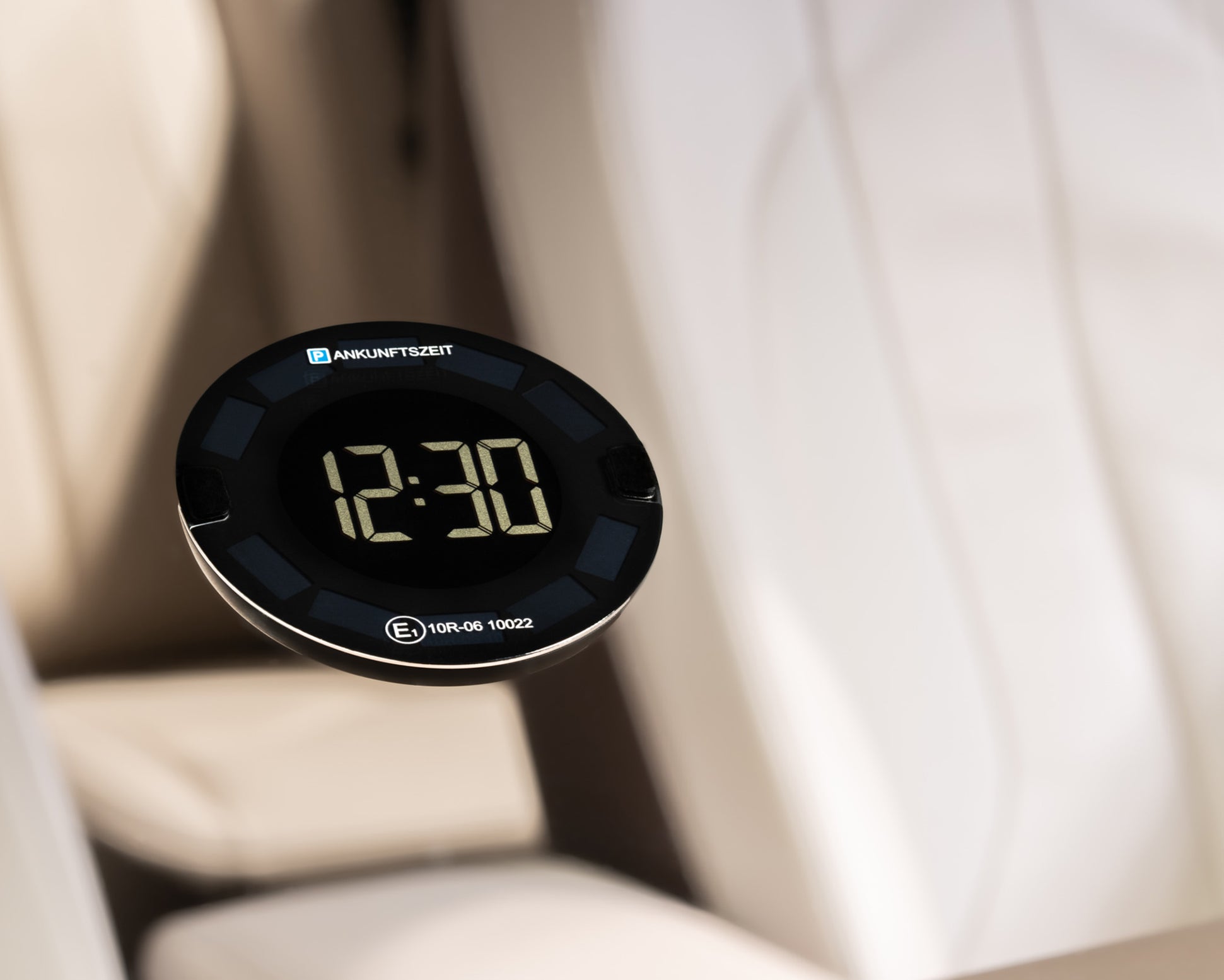Speeding Ticket (Fines): What You Need to Know
Getting a speeding ticket / fine is something most drivers hope to avoid but diverted attention in the right moment and it happens. Whether it's a fixed camera, mobile van, or police detection, enforcement is widespread and the consequences are real.

This guide is designed to help you understand what a speeding ticket means, how fines and penalties work, and what your options are if you are caught. We will also answer common questions like how to pay a speeding fine, what to do if you got blitzed, what are the different speeding fine amounts and how to decline a speeding fine in specific situations.
And at the end, we might even have a solution for you to stay alert and avoid trouble in the first place.
What is a speeding ticket and how do you get one?
In the UK, a speeding ticket is a formal notice that you have been caught driving above the legal speed limit. They can be issued from:
-
A fixed speed camera
-
A mobile speed enforcement van
-
A police officer with speed-detection equipment
You'll typically receive a Notice of Intended Prosecution (NIP) and a Section 172 request asking you to confirm who was driving. This must be completed and returned within 28 days.
No need to panic
A speeding ticket does not make you a bad driver. Roads, signage, and conditions vary and honest mistakes happen. Understanding the process helps you respond appropriately and responsibly.
How much is the fine, and how many points will you get?
If you’re caught speeding in a low-risk scenario (e.g. slightly over the limit), you'll often be issued a Fixed Penalty Notice (FPN):
-
£100 fine
-
3 penalty points on your licence
This is the most common outcome for minor speeding violations.
Band system for higher speeds
If your speed was well above the limit, the penalty is calculated based on the Band system. Depending on the severity of the offence, you will not only receive a financial fine but also penalty points on your licence or a driving disqualification.
|
Speed Over Limit |
Band |
Fine |
Points |
Disqualification |
|
Slight (e.g. 35 in a 30) |
A |
50% income |
3 pts |
– |
|
Moderate (e.g. 41 in a 30) |
B |
75–125% |
4–6 pts |
7–28 days |
|
Serious (e.g. 51 in a 30) |
C |
125–175% |
6 pts |
7–56 days |
The fine is typically a percentage of your weekly income. Maximum fines can reach £1,000 (or £2,500 on a motorway), depending on severity.
What other penalties could you face?
Beyond fines and points, more serious or repeat offences can result in:
Licence suspension & driving bans
If you reach 12 points within 3 years, you can face disqualification (typically 6 months). For new drivers (under 2 years licensed), accumulating just 6 points can lead to a licence revocation.
Speed Awareness Courses
In less severe cases, instead of points, you may additionally be asked to do a National Speed Awareness Course. This is at your own expense (~£100), takes around 4 hours, and is available once every 3 years. You must not have committed a serious speeding offence to be eligible.
Court Summons
If the offence is considered serious or you ignore earlier notices, the case may go to court. This can result in higher fines, more points, and potential bans.
Are There Regional Differences?
While speeding laws are consistent across England, Wales, and Scotland, there are slight variations in process:
-
Scotland: You will receive a Conditional Offer of Fixed Penalty, which is the sottish equivalent of an FPN.
-
Northern Ireland: Uses a similar system, but some terminology and appeal processes may differ.
Overall, enforcement and penalty scales are widely aligned.
Regardless of where the offence occurs, any penalty points will appear on your UK driving licence and may impact your insurance and driving record nationwide.
FAQs: Common questions about speeding tickets
Got blitzed – What to do?
If you got flashed by a speed camera (or got blitzed, as some say), don’t stress. Wait for the Notice of Intended Prosecution, which must arrive within 14 days. Use that time to check who was driving and prepare any necessary documentation.
How to pay a speeding fine
If you've received a Fixed Penalty Notice or Conditional Offer, it will include instructions on how to pay—usually online, by phone, or via post. You typically have 28 days to settle it.
How to decline a speeding fine
You can challenge the fine if:
-
You were not driving the car
-
The signage was unclear or missing
-
You believe the equipment was faulty
You must return the NIP stating your intention to contest, and the matter may go to court. It is wise to seek legal advice in these cases.
What happens if you ignore a speeding ticket?
Ignoring a speeding ticket will not make it go away. You may:
-
Receive a court summons
-
Face increased penalties
-
Be suspended from driving
Always respond within the time limits provided, even if you plan to dispute the charge.
How CO-DRIVER helps you stay aware and compliant
It’s easy to miss a speed limit change, especially on unfamiliar roads or in poor weather. The OOONO CO-DRIVER is a discreet, screen-free safety device designed to help you stay alert, compliant, and confident behind the wheel. Unlike navigation apps or complex in-car systems, CO-DRIVER doesn’t overload you with information. Instead, the traffic alarm offers precise and timely alerts, not to avoid responsibility, but to help you stay safer and more aware of your surroundings.
Key Features:
-
Real-time alerts for:
-
Fixed and mobile speed cameras
-
Accident zones, congestion, roadworks, and other hazards
-
No screen or interaction required. Audible and visual cues to avoid distraction, so your attention stays where it should: on the road
-
Pairs once with your phone via the OOONO app, then works automatically in the background — every time you drive
-
Extensive database enriched with user-powered data: community reports help keep alerts relevant and up to date
-
Fully legal and compliant with UK law and works across Europe
The CO-DRIVER helps you stay alert, not reckless. Your ideal co-pilot for long trips, new routes, frequent commutes or in areas with increased camera zones. A practical and stress-reducing tool legal and compliant with UK driving laws.
Summary: What every UK driver should know
Speeding tickets in the UK come with financial and legal consequences, but staying informed gives you control over how you handle them.
-
Minor offences = £100 and 3 points
-
Serious cases = Higher fines, points, or diving bans
-
Always respond to notices promptly
-
Consider tools like the CO-DRIVER to help you stay aware, alert, and safe in the first place. By being proactive, you will not only avoid tickets, but become a more confident and compliant driver.


